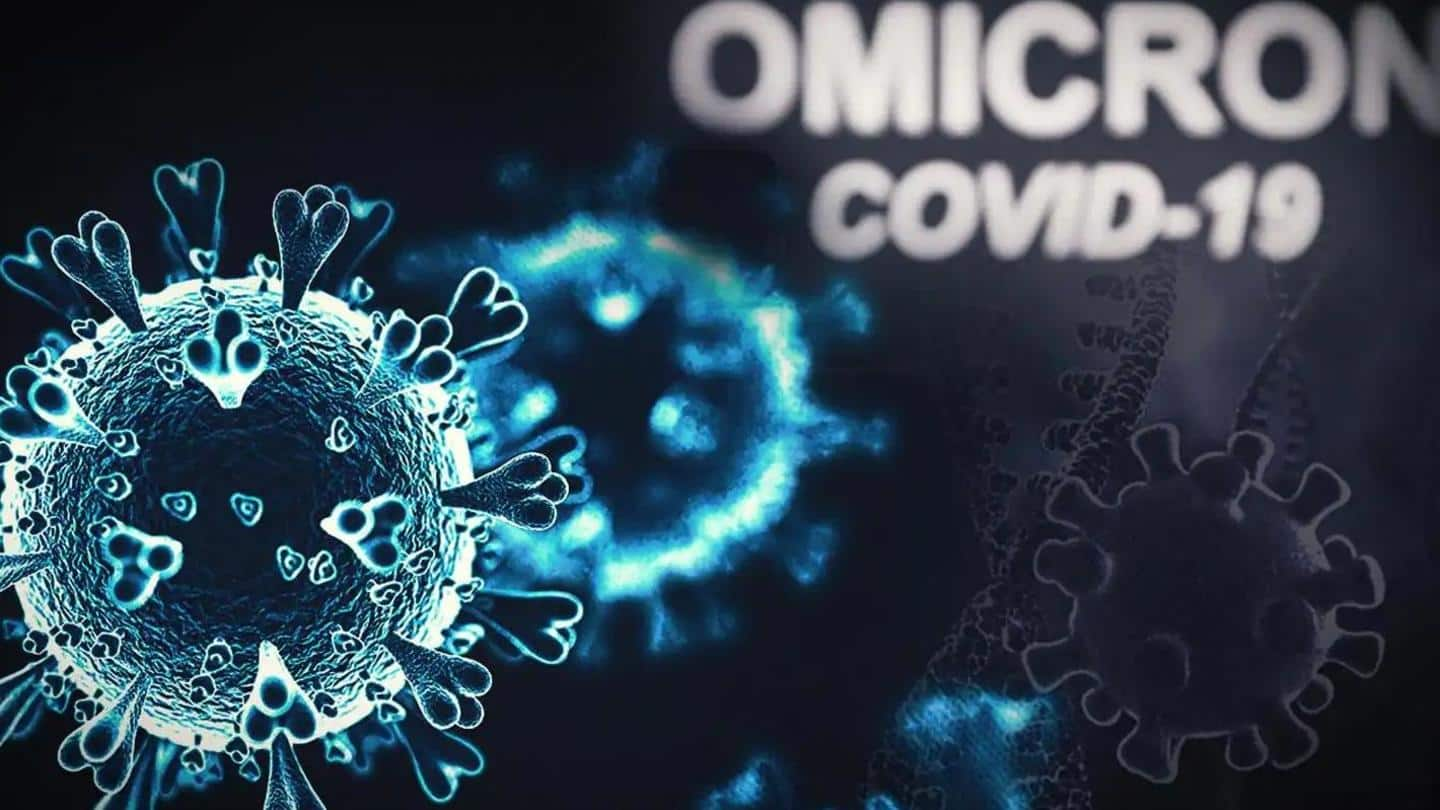
COVID-19: How concerning is new Omicron variant discovered in Delhi?
What's the story
Some laboratories in Delhi have reportedly discovered a new COVID-19 Omicron variant, the BA.2.12.1, raising concerns it may be triggering the recent surge in cases in the national capital.
However, experts say this detection is not surprising as Omicron variant sub-lineages with a growth advantage over their predecessors were discovered earlier, too.
Moreover, they say this reflects the typical evolutionary trajectory of the virus.
Context
Why does this story matter?
The development is noteworthy if we examine the evolution of SARS-CoV-2 into the Alpha, Delta, and Omicron variants of COVID-19.
These mutations made the virus more contagious and resistant to prior immunity, while some variants were also capable of causing severe illness.
Recently, a new hybrid Omicron mutation known as XE was discovered, which is 10% more transmissible than the Omicron BA.2 subvariant.
Significance
Is this new evolution as concerning as the former ones?
Being an Omicron derivative, BA.2.12.1 could be highly infectious but is unlikely to cause severe illness.
It has only two additional spike protein mutations from its previous version BA.2 (S704L and L452Q mutations).
Meanwhile, the Centers for Disease Control and Prevention said the BA.2.12.1—alongside another Omicron derivative BA.2.12 (with only S704L mutation)—might be contributing to the recent spike in cases in the US.
Details
Details about the recently discovered Omicron sub-lineages
Recently, two other Omicron variants were also discovered: BA.4 and BA.5.
These appear to be responsible for the majority of new cases in South Africa and have three mutations from the BA.2 variant.
The number of mutations in these Omicron subvariants is, however, less compared to the more than 50 changes between the Omicron and the first virus strain discovered in China's Wuhan.
On mutations
RNA virus that keeps mutating: INSACOG member
"It (SARS-CoV-2) is an RNA virus that keeps mutating," a member of the Indian SARS-CoV-2 Genomics Consortium (INSACOG) told Hindustan Times.
"Last year also there were several mutations but our focus was on Delta and the rest were inconsequential in comparison as they did not pose a threat in terms of severity. We will wait and see how this goes," they added.
Statement
May witness additional Omicron-like events: Scientist
Trevor Bedford—a scientist at the Fred Hutch Cancer Research Center, who manages the virus database Nextstrain—said virus mutations are likely to occur in the coming months.
"This sort of accumulation of mutations that drive further host adaptation and antigenic drift is my general expectation for evolution in the coming months. It's possible we may have additional 'Omicron-like' events," he tweeted earlier.
Conclusion
Conclusion: Take precautions since studies are still underway
Presently, there isn't enough evidence to consider BA.2.12.1 or BA.2.12 to be more dangerous than the BA.2 Omicron variant, responsible for India's third COVID-19 wave in January-February.
Reportedly, the BA.2.12 variant was the second most detected variant (37%) in India during the same period, but there were no worrying spikes.
However, experts are monitoring the situation and have advised caution.